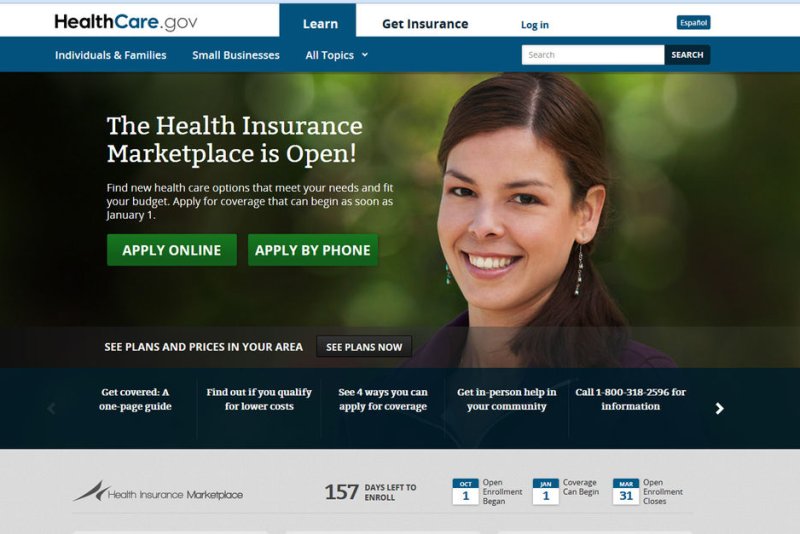The Trump administration unveiled Wednesday shorter-term healthcare plans as an alternative to coverage provided by the Obama-era Affordable Care Act. UPI Photo/File |
License Photo
Aug. 1 (UPI) -- President Donald Trump's administration on Wednesday unveiled new short-term healthcare plans to roll back restrictions of the Obama-era Affordable Care Act.
Under the new plans, Americans can buy short-term coverage for as long as 12 months, and can renew them for as many as three years. Under the old rule, people could keep the coverage for a maximum of three months.
Insurers can start offering the shorter-term plans in October, when open enrollment for 2019 begins.
The administration presented the new policy as an alternative to ACA plans, which Trump has tried to repeal.
Opponents view the plans, though, as "junk insurance" that return some Americans to the pre-ACA period of inadequate medical coverage.
Short-term plans are typically transitional coverage used in stopgap situations like time between jobs or school semesters. They could offer a lower-priced alternative to ACA plans for about 7 million people who don't qualify for subsidies.
The new plans, though, don't offer the same protections or benefits. For example, insurers can turn down people with pre-existing conditions, like diabetes, cancer, or substance abuse treatment.
The Department of Health and Human Services estimates unsubsidized short-term plans in 2016 cost an average of $124 a month, compared to the average of $394 for ACA plans. Short-term premiums could cost anywhere from 50 to 80 percent less. About 200,000 people could leave their existing plan for the new options, HHS said.
Critics of the change say healthy people could be removed from ACA exchanges, customers may be unaware of the new plans' limitations and the health market could become destabilized by leaving a disproportionately sicker population in existing exchanges that drives up prices.
"Short term junk plans don't cover people with pre-existing conditions, don't include coverage for basic medical needs like prescription drugs, and refuse to pay benefits when a legitimate medical emergency arises," said Brad Woodhouse of pro-ACA group Protect Our Care. "The Trump administration and its Republican allies in Congress want to give insurance companies the power to deny coverage based on the flimsiest excuse, and this rule does just that."
HHS said it expects fewer than 250,000 people to opt out for the new plan. Centers for Medicare and Medicaid actuaries have estimated the repeal of the individual mandate means 1.4 million people would sign up for coverage in longer-duration short-term plans in 2019. About 600,000 would be those now enrolled in exchange plans.
"We are projecting as many as 5 million short-term policies could be sold next year," Scott Flanders, CEO of eHealth, told CNBC. The company began selling its own short-term plans earlier this year, expecting the rule change.















